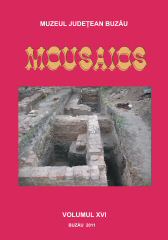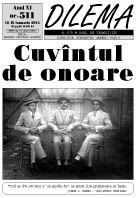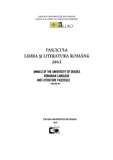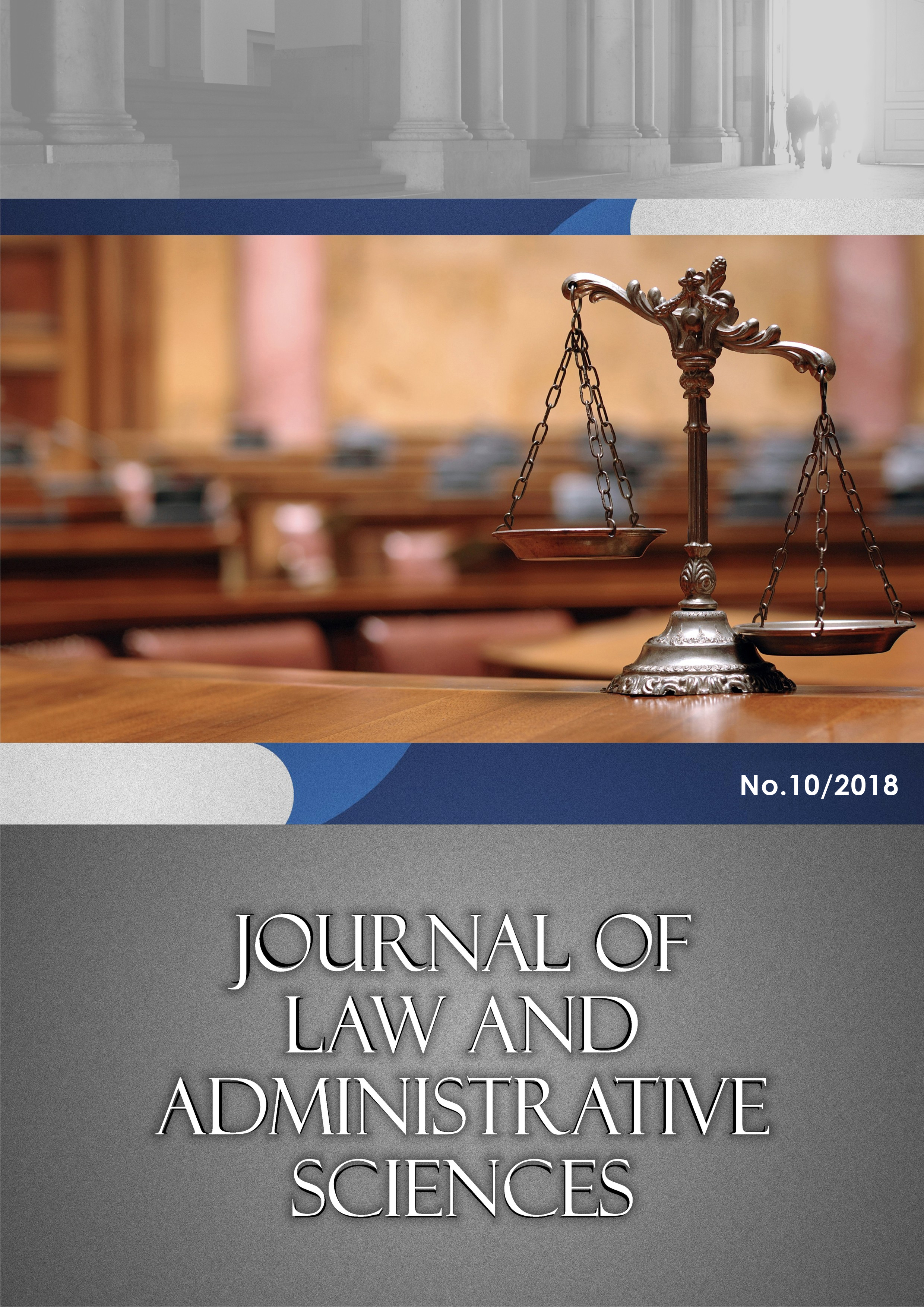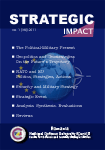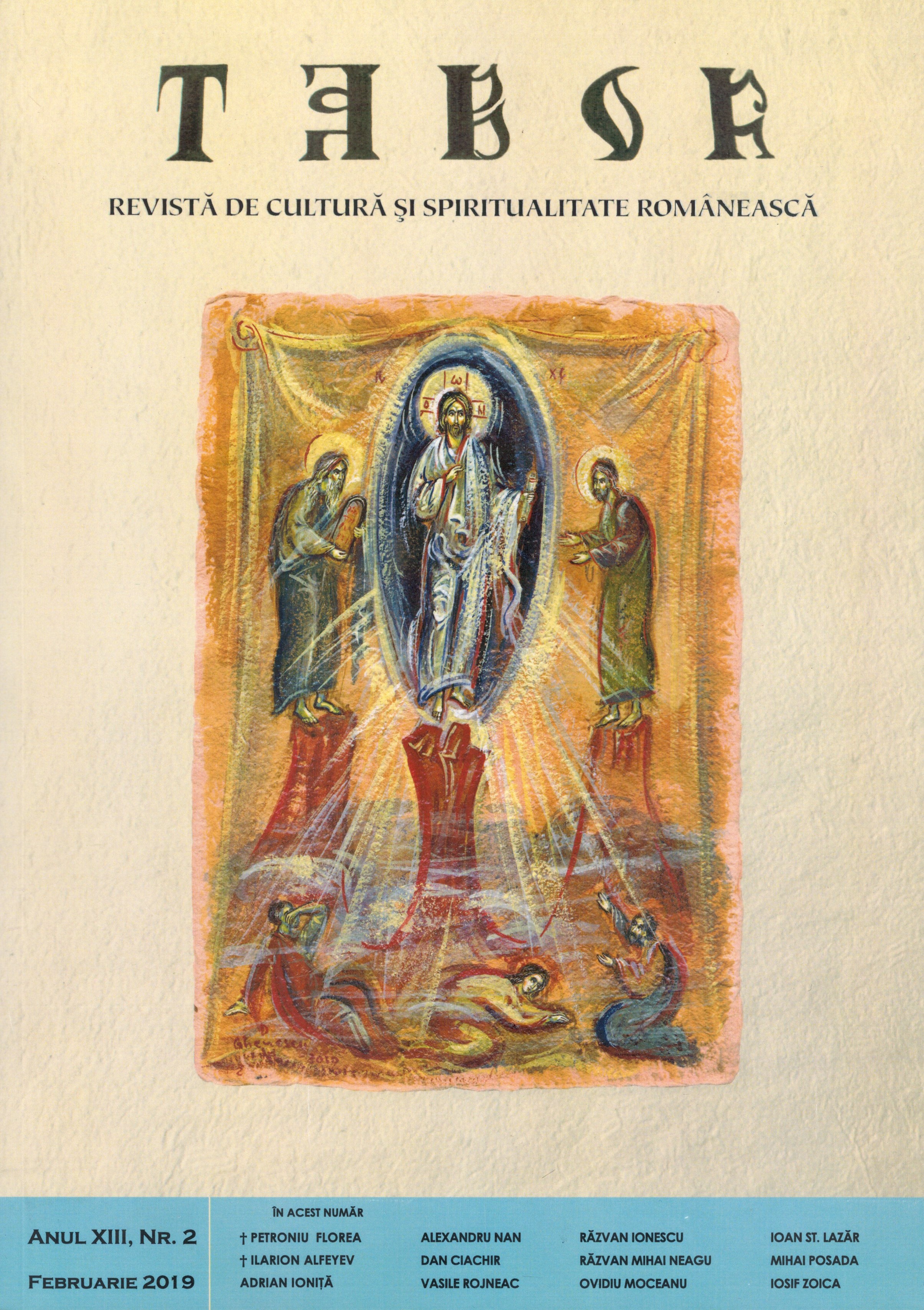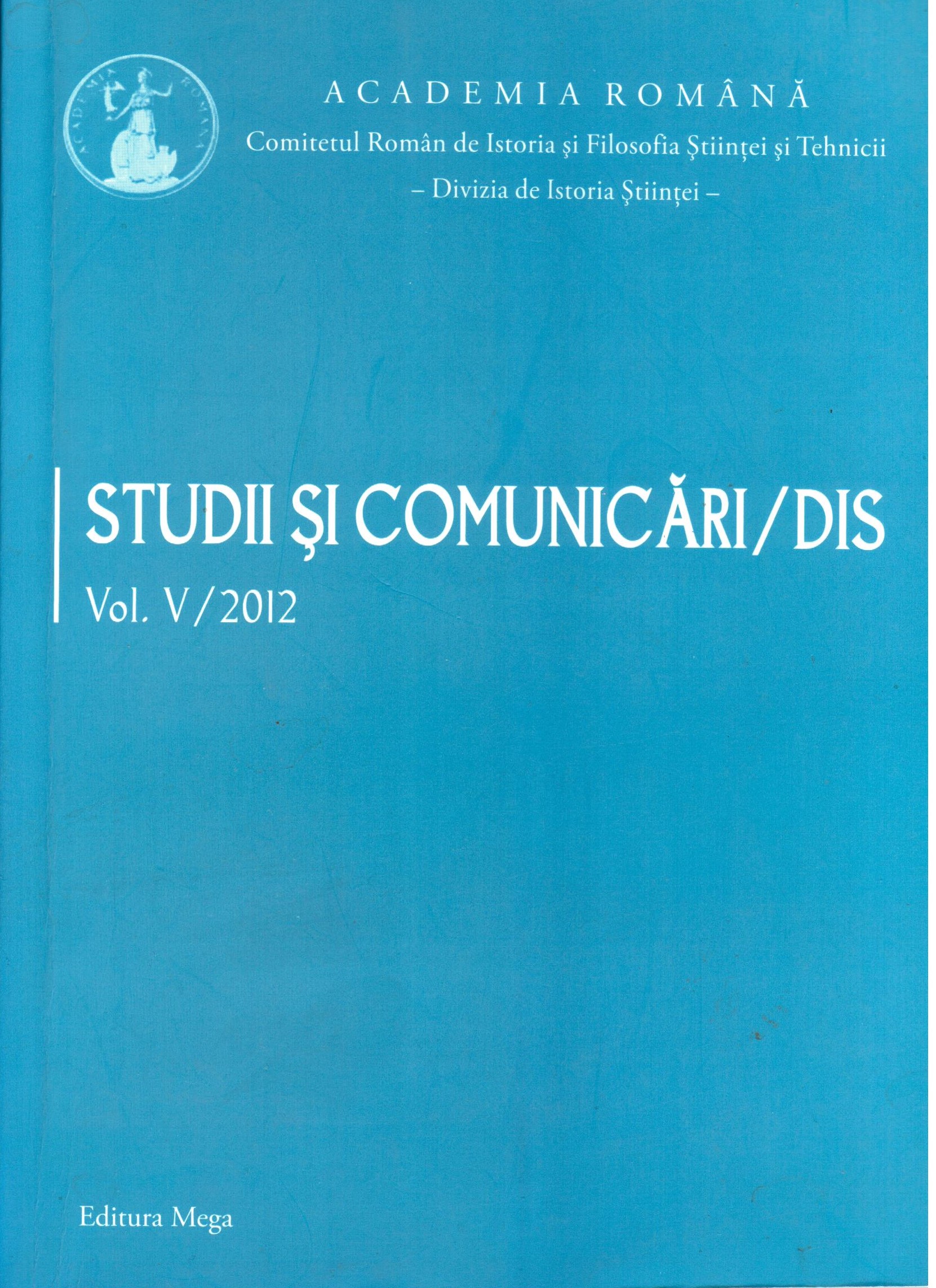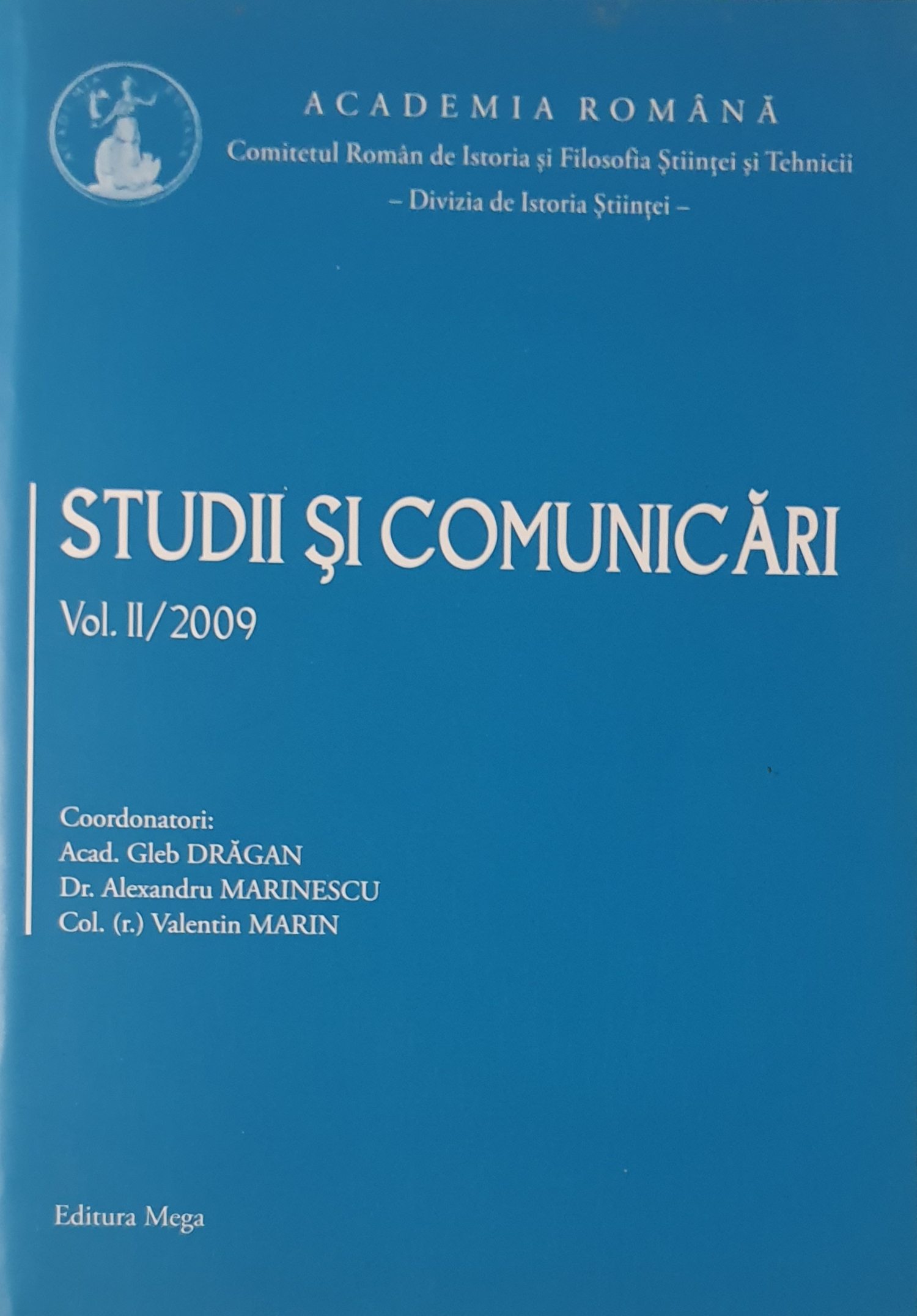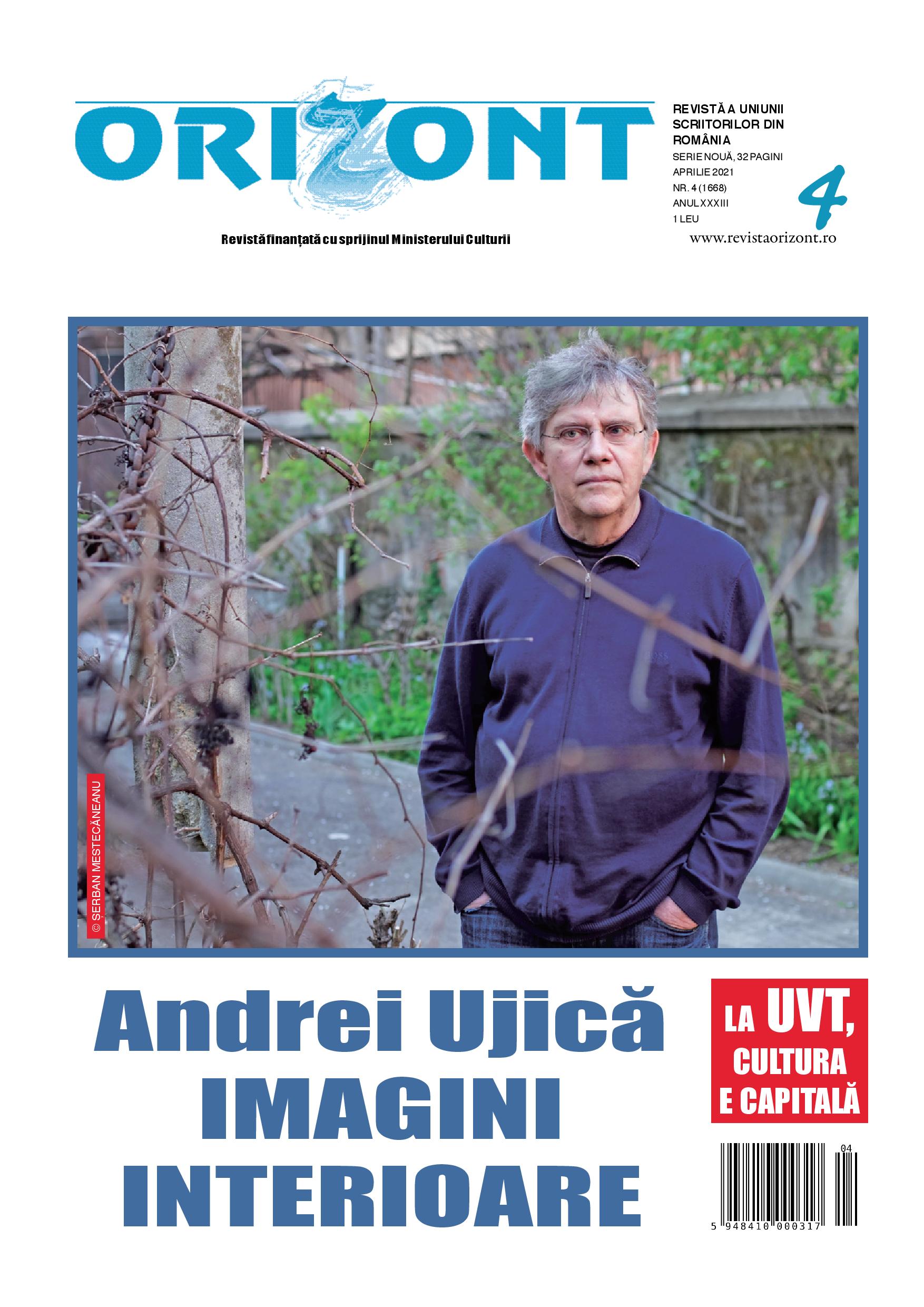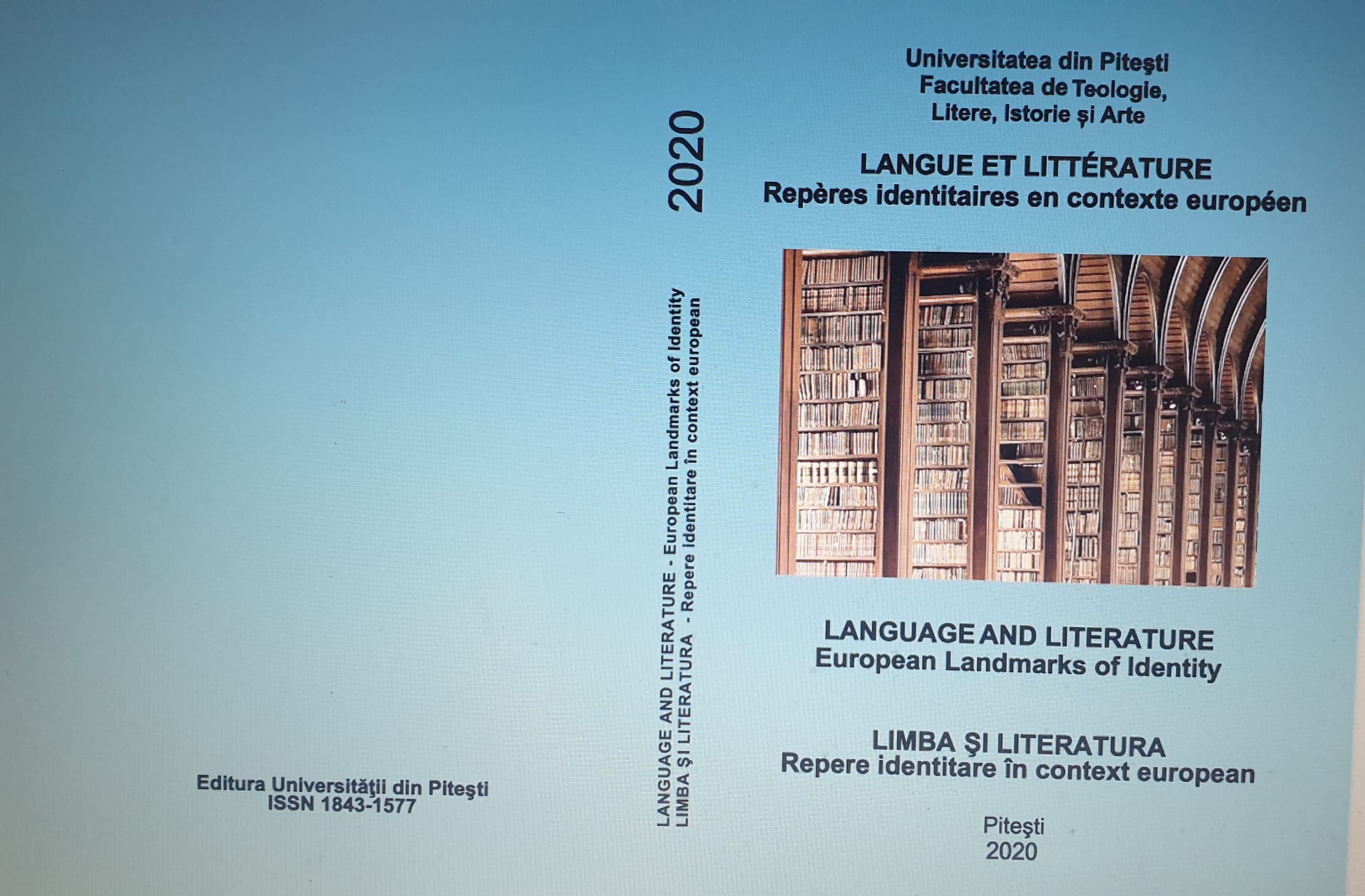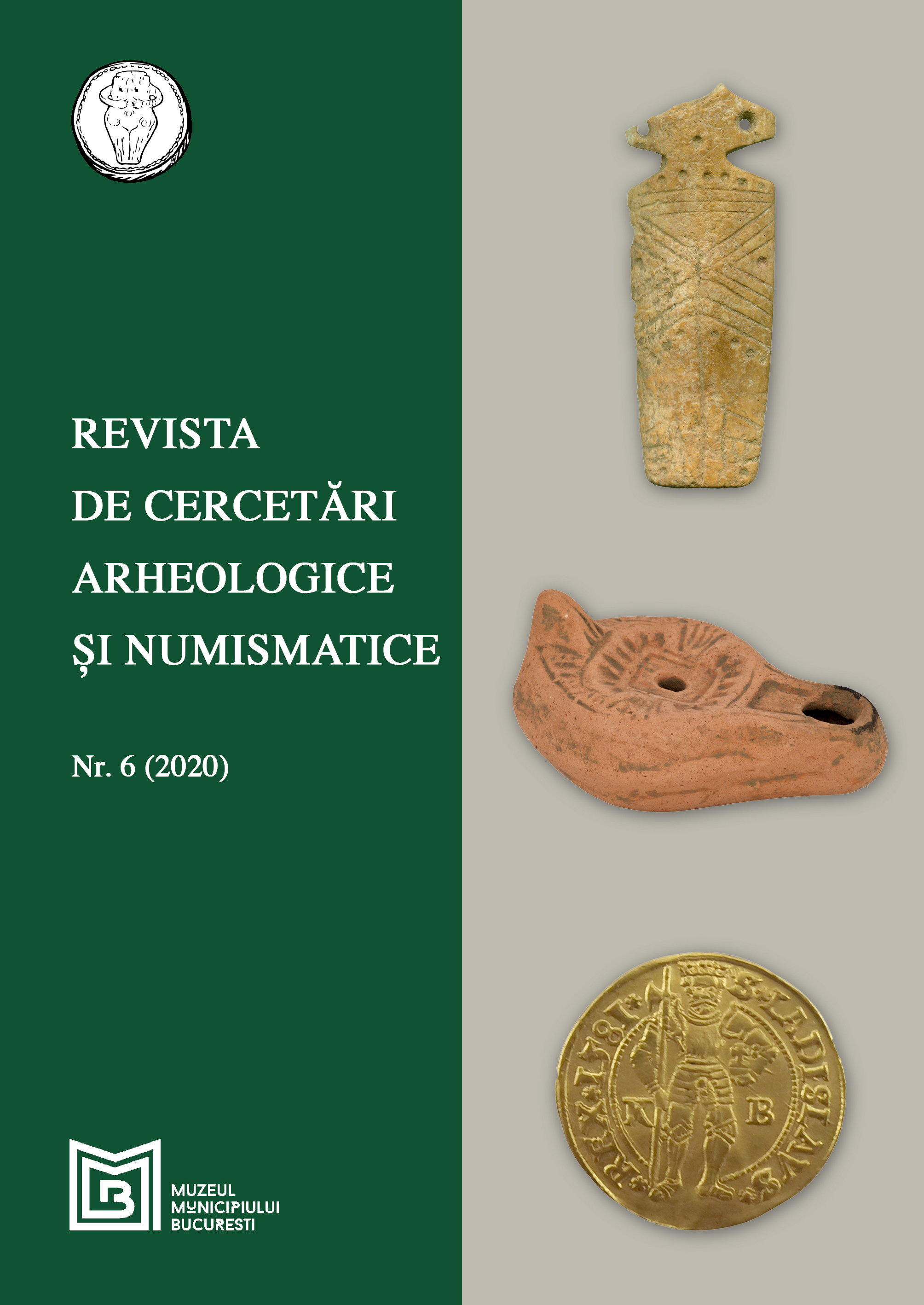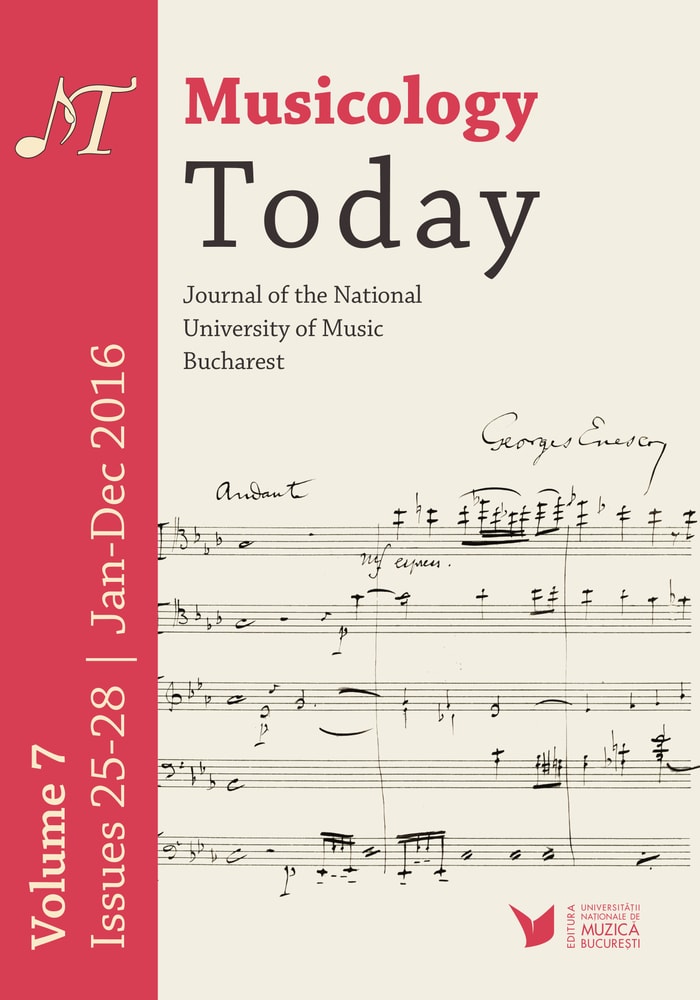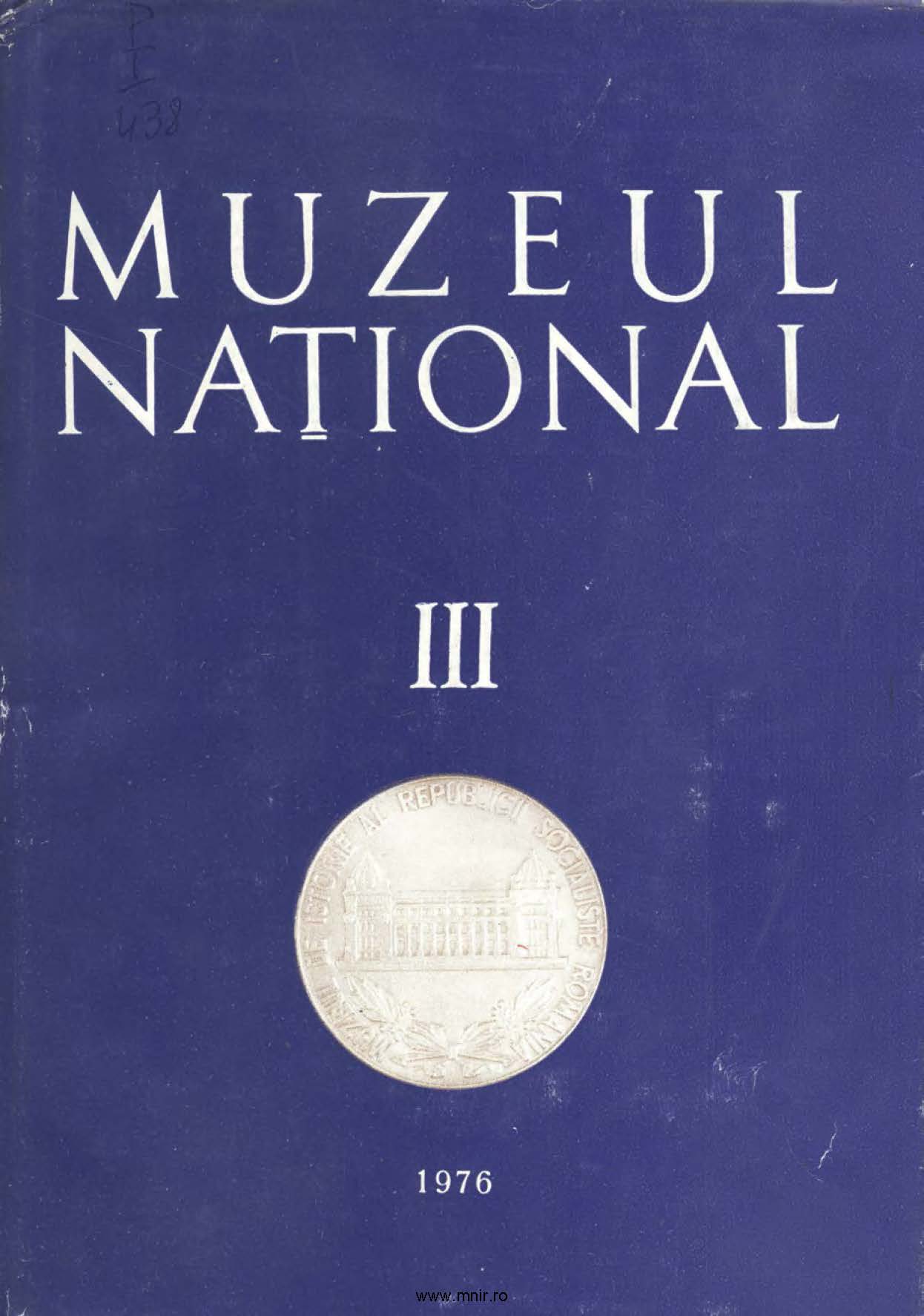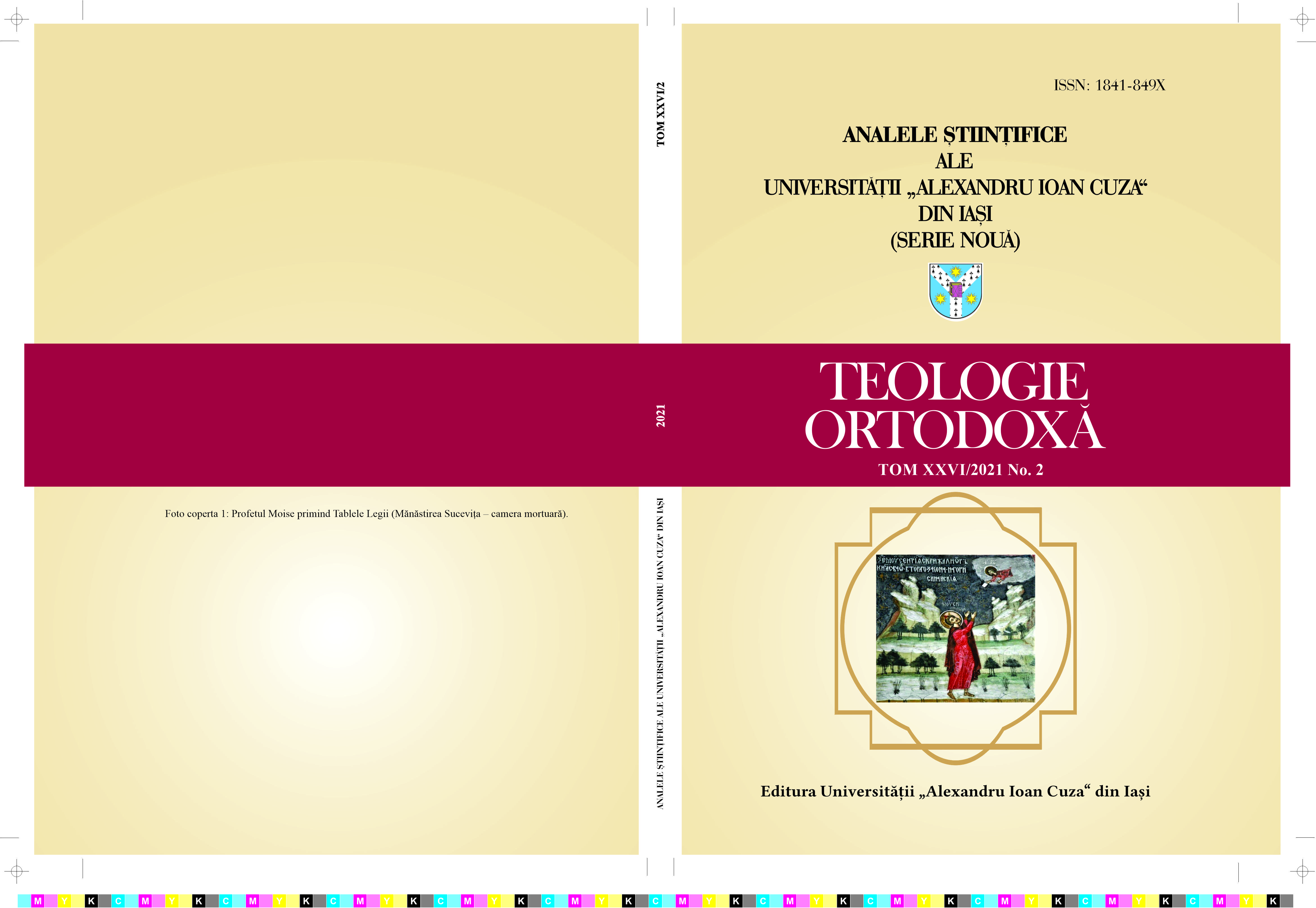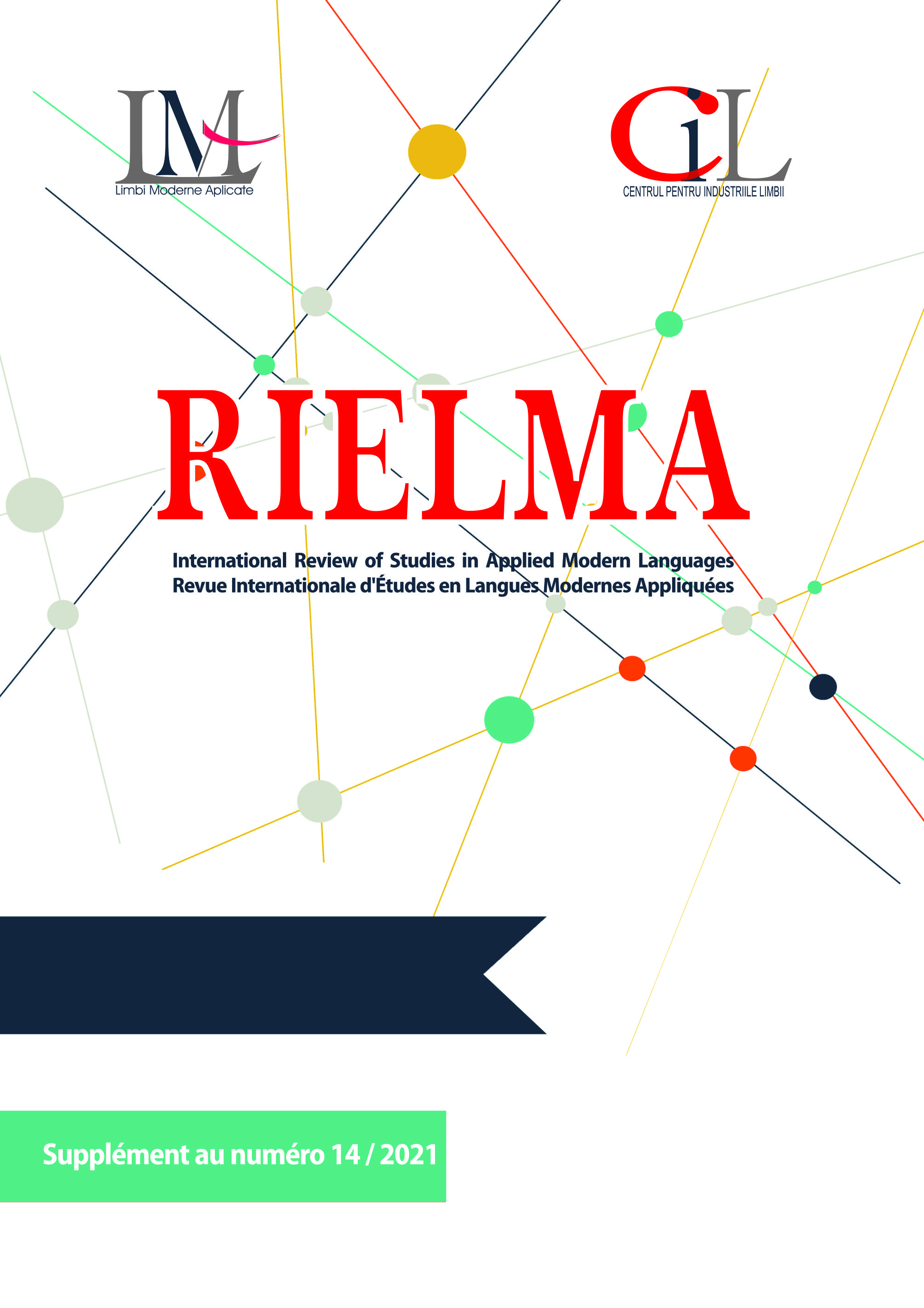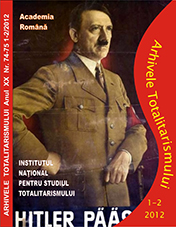
The Annihilation of the Red Mountain “Bandits” Led by Colonel Gheorghe Arsenescu. The Role Played by Traian Marinescu-Geagu and Alexandru Alexandrescu
Anihilarea „bandei” colonelului Arsenescu de pe Muntele Roşu.Rolul jucat de Traian Marinescu-Geagu şi Alexandru Alexandrescu
Keywords: Romania; „The Muscel Outlaws” insurgency; Gheorghe Arsenescu; Traian Marinescu-Geagu; Alexandru Alexandrescu; Gheorghe Cotenescu
Colonel Arsenescu, a former Soviet partisan hunter in the Second World War, became the prey. He set up the „Muscelul Outlaws” insurgency in January 1948, training its members in guerilla warfare. In October, he ordered them to leave the mountains and stay low. Disaster struck when two key members were arrested on March 19 and 25, 1949. Information was extracted by torture, 26 people being nabbed by April 1 (75% of those condemned on May 11, 1950). Traian Marinescu-Geagu was executed without trial on February 4, 1950. Alexandru Alexandrescu broke the silence in 2011.
More...
